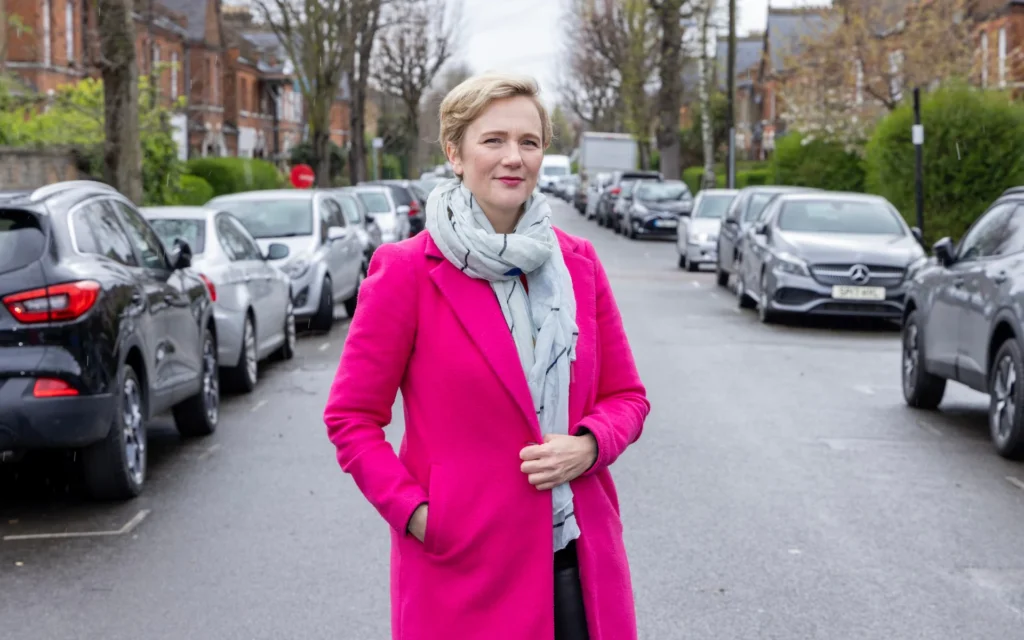It’s been a while since we’ve reported on the scourge of solar farm planning, but I don’t think the problem has disappeared.
This time, it’s reared its ugly head in Lincolnshire. AUK Energy proposed a solar farm spanning 80 hectares of farmland north of Roman Bank in Holbeach, categorised as the “best and most versatile (BMV).” In simple terms, this means the land is productive and efficient and is most capable of delivering crops for food and non-food uses under the Agricultural Land Classification.
We’ve delved into the inefficacy of solar farms before, but here is a quick recap. The majority of solar farms are only projected to have a 40-year lifespan, after which they would typically be decommissioned. That might not seem to be a huge problem in and of itself, but consider that scores of acres, if not hectares, of green-belt land, are usually destroyed to make way for their construction.
Their energy output is woefully inadequate to power a nation of almost 70 million people, and the problem will only become more apparent when more traditional energy sources are gradually unplugged from the grid.
Lastly, the production and disposal of solar panels is anything but green. Manufacturing solar panels requires factories to process raw materials, including rare, dangerous and hard-to-collect materials while using significant amounts of energy and water and releasing pollution. Dumping discarded solar panels in landfills could also be environmentally damaging when materials such as lead and cadmium are released into the water and the land.
It is encouraging that communities throughout the East Midlands are saying “enough” to the solar companies and increasingly thwarting their plans to develop these eyesores.
In November, we reported on residents teaming up with their parish councils in the Newark area in Nottinghamshire, resisting developer Elements Green’s plans to build two major solar farms. Well, it seems to be a growing trend, as locals in Holbeach are making a similar stand. This time, they have succeeded.
South Holland district councillors rejected the proposal at a planning committee meeting on Wednesday, February 7, much to the joy of the campaigners present.
The committee remained unconvinced after hearing that the proposed development was “temporary” and would significantly advance the region’s efforts towards carbon neutrality. It said the land should be preserved for agriculture. South Holland District Council leader Nick Worth, who attended the meeting in his capacity as the ward councillor and not as a member of the Planning Committee, said it was “not about NIMBYism” (Not In My Back Yard).
He added: “This is 200 acres of BMV land that should be used for farming, not energy. We should be producing more food, not less, particularly on the best land in the country.”
Brits don’t want their communities turned into a dumping ground for solar panels. Yet again, we see what can be achieved when residents band together with their local government representatives. Community politics is at the heart of Homeland Party’s policies.
The green agenda is a con; more people are waking up to it.


